Discussing migration and social justice in Ouagadougou, Burkina Faso
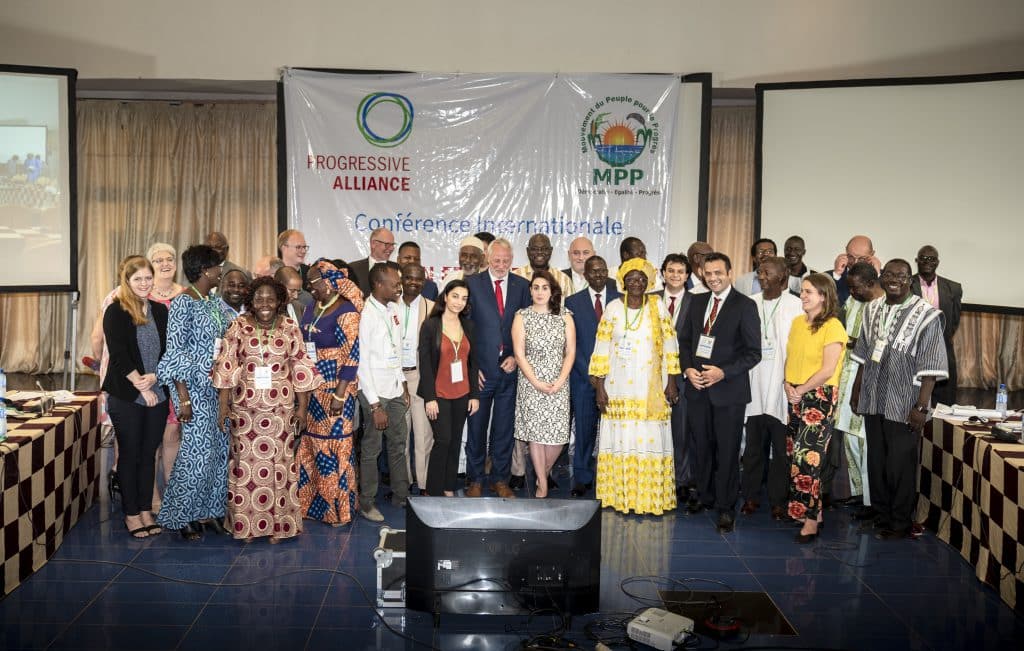
On October 12 and 13, the Burkinabe party People's Movement for Progress (MPP) invited members of the Progressive Alliance to Ouagadougou to discuss the topic of migration and social justice. FMS and FEPS are currently working on a study which aims to include African perspectives on migration in the European discussion on the topic. With more than 25 delegations represented during the seminar, of which many from African countries, it was a perfect occasion for us to learn more about the different African sentiments on this widely discussed issue.
Will you be one of our new Africa Day interns?
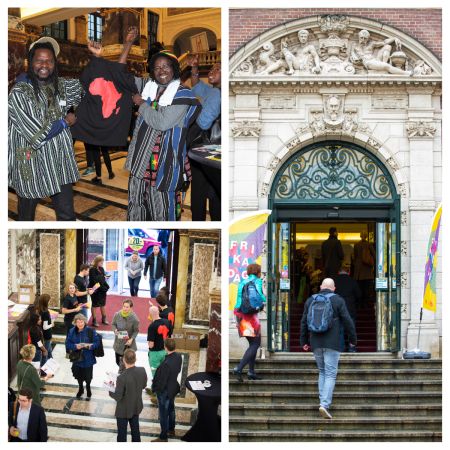
Next year, the Max van der Stoel Foundation (FMS) will again organise the Africa Day (www.afrikadag.nl), a national meeting on Africa and international cooperation. With more than 1,000 visitors, 200 speakers and some 100 volunteers, the Africa Day is the biggest event on Africa and international cooperation in the Netherlands.
The FMS is looking for two interns to organise the Africa Day, which will take place on Saturday 13 April 2019. Together with the project officer in charge, you will collaborate on the substantive and organisational work for the Africa Day.
'Do sanctions help resolve the conflict in eastern Ukraine?'
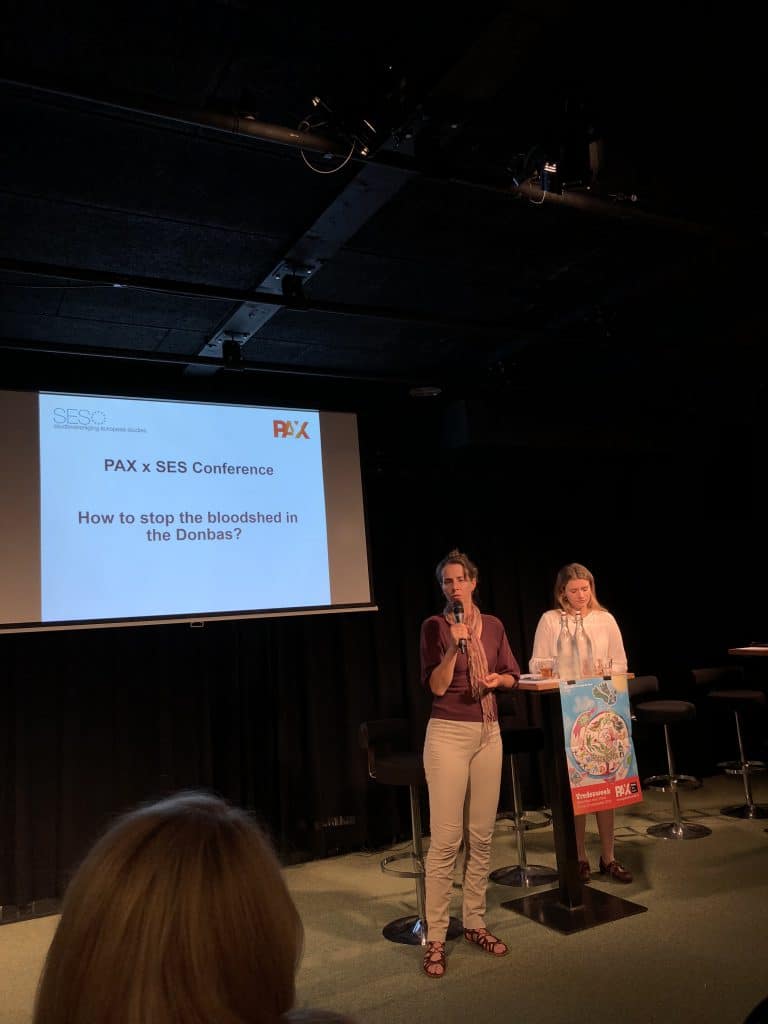
On 18 September, during PAX Peace Week, PAX organised a conference in collaboration with SES (European Studies Study Association) around the question: 'How do we stop the bloodshed in the Donbass?'
Experts from different regions in Eastern Europe and the Western Balkans had come together for the event to come up with concrete solutions to the conflict in eastern Ukraine. They presented their findings at the mini-conference in the evening.
UNited for a different migration
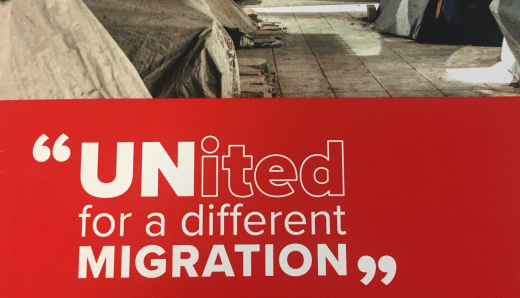
It's UN week in New York City! That means: Heads of State and Heads of Government from almost all the countries in the world visit New York to join the General Assembly of the UN. This 73rd session of the General Assembly opened on the 18th of September and lasts until the 5th of October. Besides everything going on in the buildings of the UN itself, there are many side events in the city. Including the "UNited for a different migration" conference, organised by the Foundation for European Progressive Studies (FEPS), of which FMS is a member.
Migration: viewpoint FMS
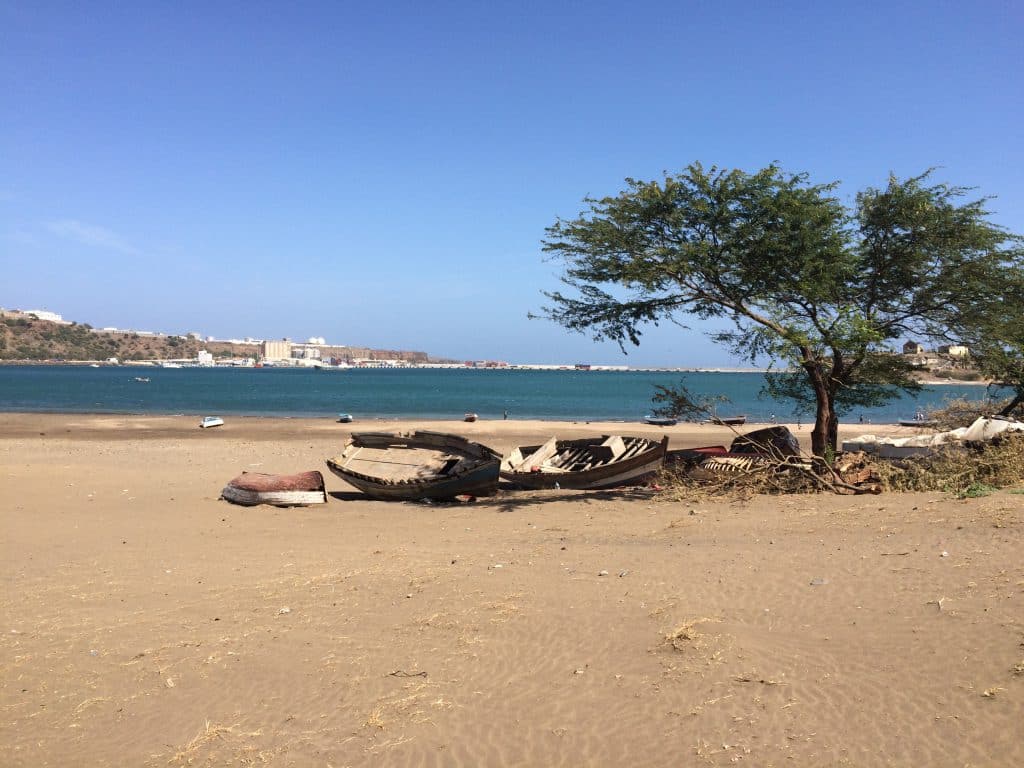
Migration is of all times and cannot be stopped. At best, it can be managed. The EU sees unregulated migration flows as one of the biggest challenges in its existence. We have set out a number of principles that a fair migration policy must meet.
Refugees in Lebanon: despair or perspective?
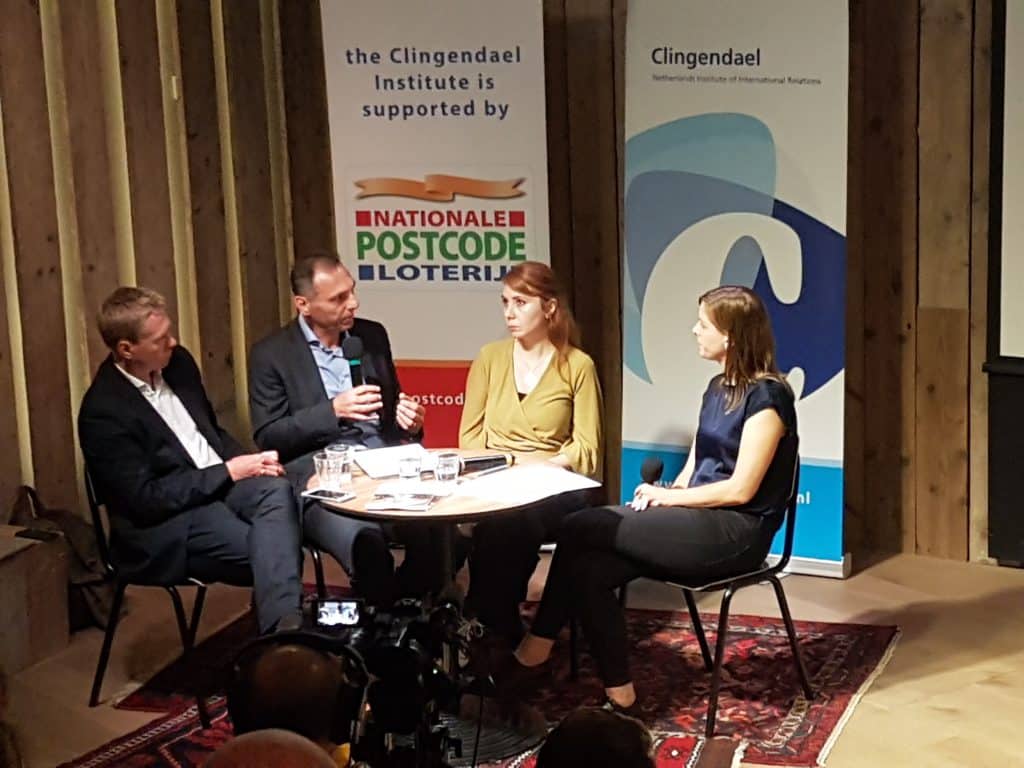
Last week, on September 6, Clingendael organised the debate "Refugees in Lebanon: despair or perspective?" at Humanity House in the Hague, to present and discuss their recently published report on the issue of refugee protection in Lebanon. Relevant as the topic is, a small FMS delegation also attended this event. After a short introduction by the Institute's general director Monika Sie, moderator Saskia Baas, head of the Durable Solutions Platform in Amman, introduced the two authors of the report, Clingendael senior research fellow Ana Uzelac and research fellow Jos Meester. What followed was a discussion of the report by its authors and the moderator.
Talking about the new development policy
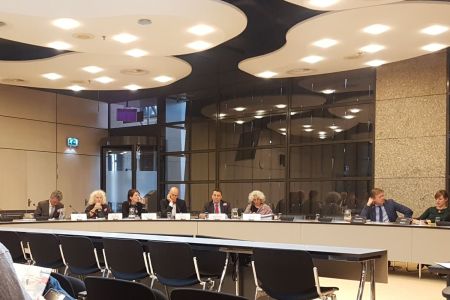
On 19 June, the roundtable discussion on the policy paper 'Investing in Perspective' took place in the Lower House. A dynamic group of companies, business organisations, NGOs and professors talked to MPs about the new policy of Minister Kaag for Foreign Trade and Development Cooperation (BHOS). FMS was also present and listened attentively from the audience. The discussion consisted of three rounds where the different groups could express their thoughts on the policy paper, and answer substantive questions from the MPs present.
Political Café Armenia: A revolution of love and solidarity
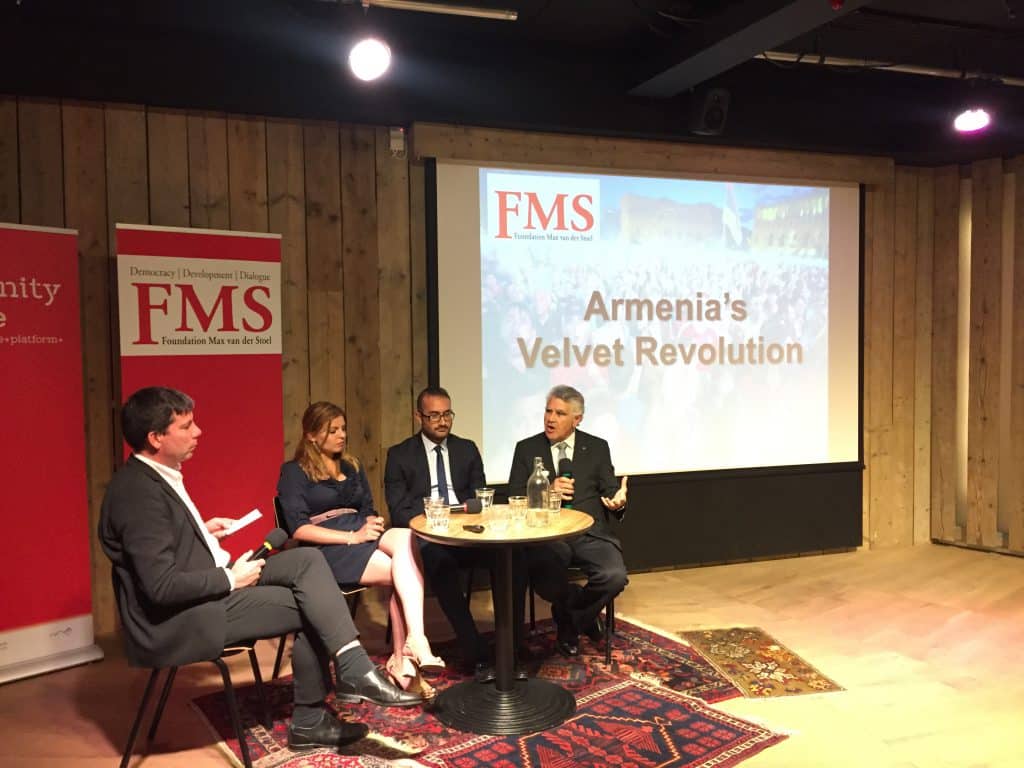
In the Netherlands, the recent political upheaval in Armenia has largely stayed out of the news. High time, therefore, to dig a little deeper into recent events. And what better place for that that a Political Café? In a well-filled Humanity House, the FMS organised a very interesting evening full of strong analyses, gripping stories and musical highlights on 25 June. Under the watchful eye of moderator Arjen Berkvens, the audience learned more about the revolution.
Ethiopia aims for peace with neighbour Eritrea
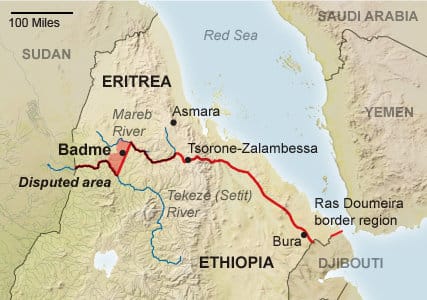
Does light seem to be shining at the end of the tunnel for neighbouring Ethiopia and Eritrea after all? According to Ethiopia's new prime minister, Abiy Ahmed, there is. At a press conference, he revealed that Ethiopia will recognise and implement the 2000 peace treaty between the two countries. This, according to the international community and Ahmed, should lead to reconciliation between the African neighbours, who have been fighting each other for years over control of the border town of Badme. This conflict has led to more than tens of thousands of people being killed and also triggered a large migration flow. By officially recognising the agreement, Ahmed hopes it will open the door to peace and prosperity in the Horn of Africa.
Stop the abolition of dividend tax!
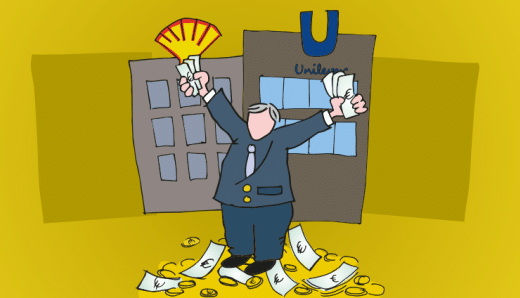
Tax Justice Netherlands, of which FMS is part, is today launching a campaign against the abolition of the dividend tax. The cabinet plans to come to the House of Representatives in September with the bill abolishing dividend tax. In the coming months, we want to make it clear that the abolition of this tax is ill-considered and should therefore be abandoned.

